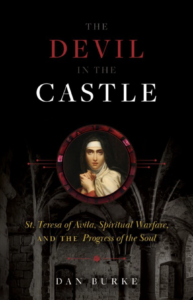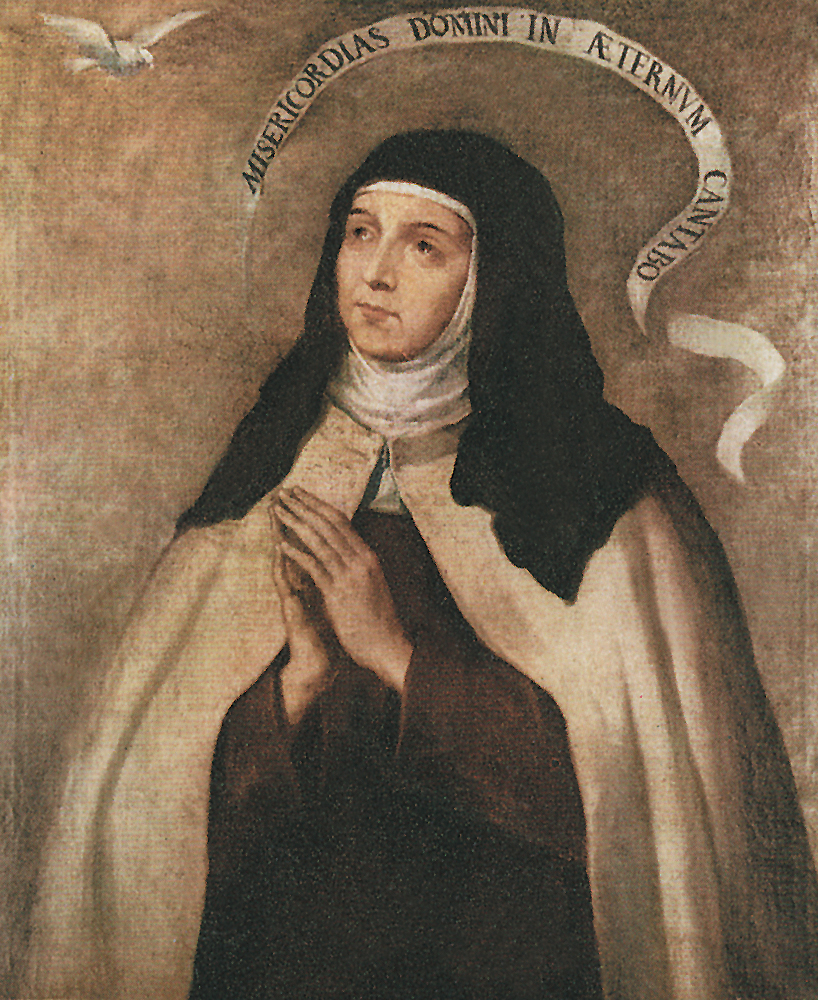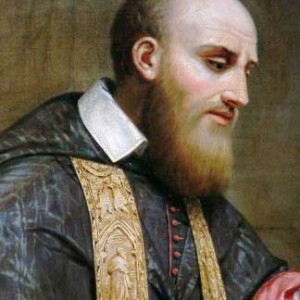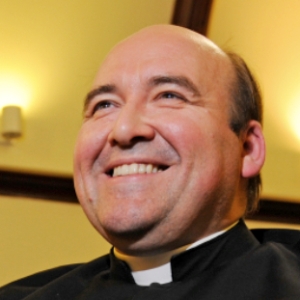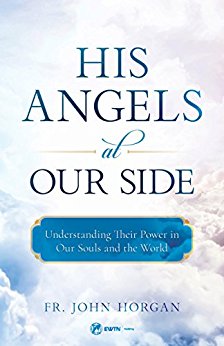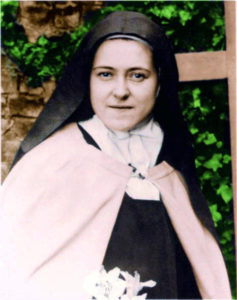Podcast: Play in new window | Download (Duration: 3:26 — 4.7MB) | Embed
Subscribe: Apple Podcasts | Spotify | Amazon Music | Android | Pandora | iHeartRadio | JioSaavn | Podchaser | Gaana | Podcast Index | Email | TuneIn | Deezer | Anghami | RSS | More
Day 3: THE CENTRALITY OF THE HUMANITY OF CHRIST
St. Teresa you have said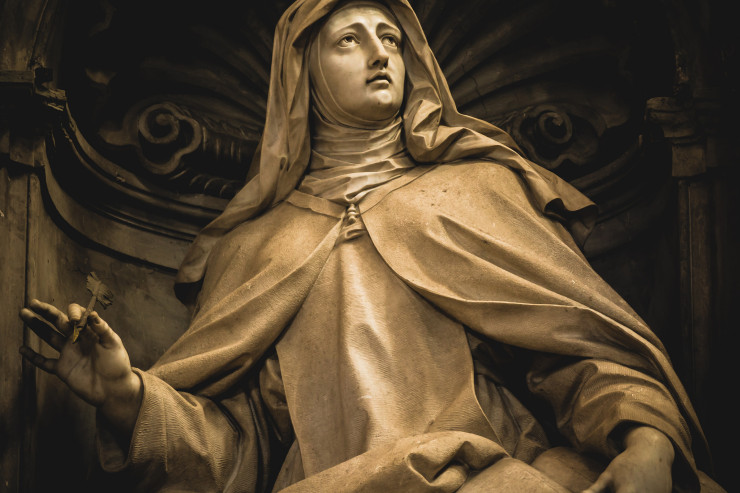
“The thought comes to me now that our good Jesus showed us the weakness of His humanity previous to the trials, and when He was in the abyss of His sufferings showed such great fortitude that He not only did not complain but did nothing that would make it appear He was suffering with weakness. When He went to the garden, He said: My soul is sorrowful even to death. Yet, while on the cross, for He was already suffering death, He did not complain.”
—Meditations on the Song of Songs III.11.
Teresa desired to share her reflections on the Song of Songs, a rather daring act for her time. Her ponderings on Songs 1:2, led her to describe the peace and union granted the soul, opening the person to the possibility of accepting trials in the service of God, opportunities that also bring one’s weaknesses and limitations to the fore. Desiring to encourage her sisters, she looks to Christ’s own experience during his Passion.
Indeed, the humanity of Christ plays a crucial role in her doctrine on prayer. In his Incarnation, he expresses the profundity of God’s love for humanity, and is the perfect mediator between the two. Moreover, his earthly life serves as the example and guide for our spiritual growth. In this way, he leads us to discover our true selves as we
Thus, as we continue to pray through the intercession of the saint, let us recognize that she invites us to be in love with Jesus Christ, Emanuel, “God-with-us.”
St. Teresa speaks to us today saying:
“May today there be peace within.
May you trust God that you are exactly where you are meant to be.
May you not forget the infinite possibilities that are born of faith.
May you use those gifts that you have received, and pass on the love that has been given to you.
May you be content knowing that you are a child of God.
Let this presence settle into your bones, and allow your soul the freedom to sing, dance, praise, and love.
It is there for each and every one of you.”
O God, who through your Spirit
raised up Saint Teresa of Jesus
to show the Church the way to seek perfection,
grant that we may always be nourished
by the food of her heavenly teaching
and fired with longing for true holiness.
Through our Lord Jesus Christ, your Son,
who lives and reigns with you in the unity of the Holy Spirit,
one God, for ever and ever.
St. Teresa, pray for us:
That we may become worthy of the promises of Jesus Christ.
reflection written by Fr. Emiel Albalahin, O.Carm. Used by permission via the Curia Generalizia dei Carmelitani Please visit http://www.ocarm.org/en/
The prayer offered by Dr. Matthew Bunson and Kris McGregor
Audio versions of the “Interior Castle” and “The Way of Perfection” by St. Teresa of Avila

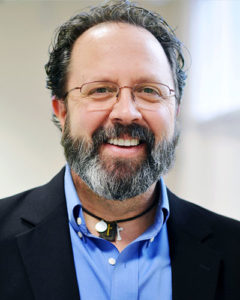 Join Dan Burke and Kris McGregor as they discuss the teachings of the great spiritual master and Doctor of the Church, St. Teresa of Avila. The focus of their conversations will primarily reside in St. Teresa’s “Interior Castle” and her wisdom in regards to the activity of the enemy and the reality of spiritual warfare.
Join Dan Burke and Kris McGregor as they discuss the teachings of the great spiritual master and Doctor of the Church, St. Teresa of Avila. The focus of their conversations will primarily reside in St. Teresa’s “Interior Castle” and her wisdom in regards to the activity of the enemy and the reality of spiritual warfare.